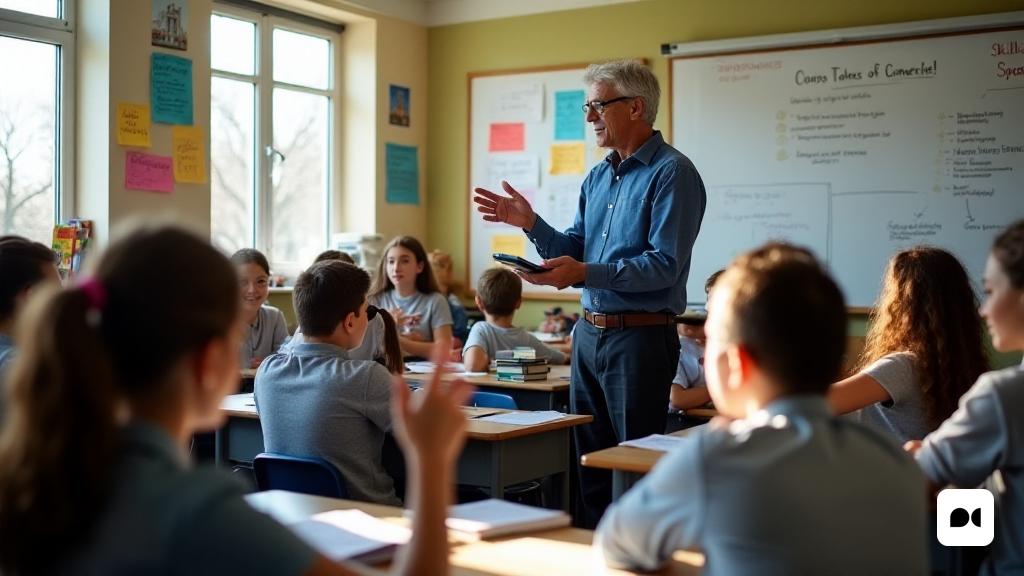The promise of educational skills
In recent years, competency -based education has been seen as the definitive solution for the challenges of the education system. This methodology proposes to evaluate students not so much for their ability to memorize, but because of the practical skills that they can apply in their daily lives.
From Ideal to Reality
However, the implementation of this model has aroused concerns. For example, a student could pass a course with poor math performance simply because he excelled in creative activity such as origami. This situation calls into question whether the system really promotes meaningful learning.
An extended definition of powers
The famous Unesco Delors report, published in 1996, established a clear basis on what ‘competition’ means. In the educational context, they include not only skills, but also knowledge, attitudes and values. However, skills with competencies are often confused, relegating knowledge to the background.
The negative impact of the suppression of knowledge
Without a solid base of knowledge, the acquired skills are superficial and ineffective. As a pedagogy is promoted that prioritizes the learning of generic skills about specific knowledge, there is a risk of producing a generation of workers without a solid educational basis.
The reduction of contents
The tendency to reduce educational content has generated intense debate among educators. Many young teachers have expressed their concerns on social media, saying that teaching has lost rigor and that the quality of education has deteriorated.
The new age of evaluations
In Catalonia, the introduction of competence education has led to the abolition of traditional numerical notes. From the 2016-2017 academic year, evaluation reports became more complex, and many parents were lost in the face of a system that did not clearly reflect the academic performance of their children.
The myth of school failure
With the disappearance of the notes, statistics on school failure began to show improvements that did not reflect reality. Without a clear evaluation system, it was difficult to determine if the students were really learning or just advancing in a system that did not require them.
An uncertain future for education
The dilemma between competencies and knowledge is still an open debate in the educational world. Without an education that balances both aspects, the potential of a society can be committed. The example of Prussia, which established a mandatory quality education system, shows that good training is essential for the progress of a nation.
The current challenge is to regain the balance between practical skills and theoretical knowledge, in order to prepare for future generations to face a constantly changing world.

